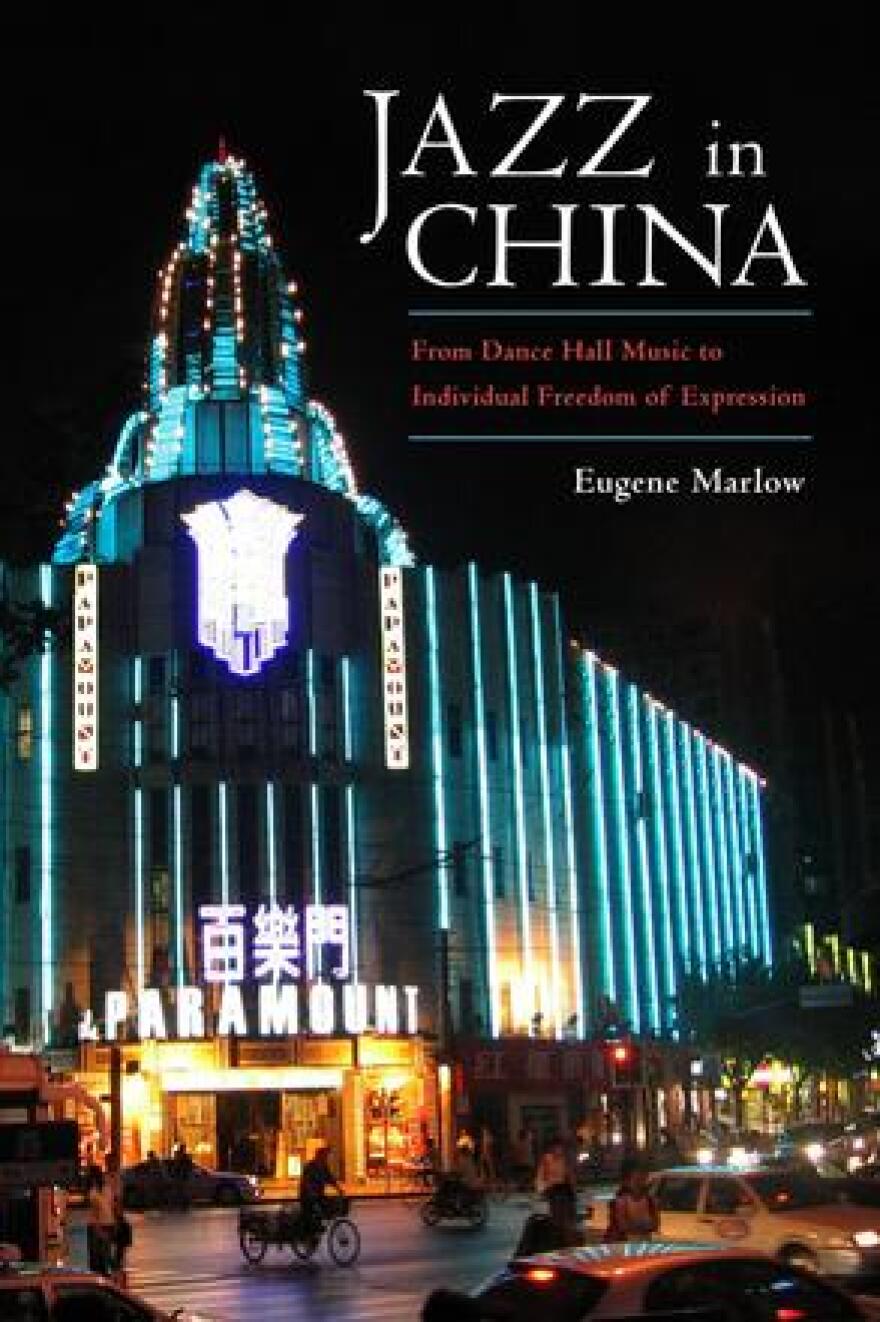Of the many stories featured in Jazz in China, Eugene Marlow's informative hour-long documentary, there's one that offhandedly illustrates the tensions and transformations intrinsic to its subject matter. Liu Sola, an accomplished vocalist and composer from Beijing, recalls a visit to the United States in the 1990s, not long after she made her album Blues in the East. At one point she has the chance to play with Ornette Coleman.
"I was more conservative, and always thinking about structure, composition," Liu says. "He kept saying, 'Sound, sound. Think about sound. Don't think about music. When we talk about music, we talk about sounds."
Presented as a crucial epiphany, Liu's experience is echoed by other musicians in the film, who represent several generations of jazz talent in China. The film, which opens with some historical background on the entertainment nexus of Shanghai, comes to life with these contemporary stories — the stories of bassists Ren Yuqing and Huang Yong, singer Jasmine Chen, pianist A Bu and others. They appear in Marlow's film along with an array of close observers like David Moser, an American Sinologist based in China.
"The Chinese musicians are coming of age in a system where there's a great emphasis on the tradition, the technique, and the 'right' way to play," explains Moser, a jazz pianist himself. "The jazz players have to get over this hump, where they're being told 'Don't play wrong notes.'" The film touches on this idea culturally as well, with a tangent about how jazz — a musical form seen as apolitical in China — was allowed to thrive even as other Western genres faced government sanction after the Tiananmen Square massacre.

The film is a companion to Marlow's book Jazz in China: From Dance Hall Music to Individual Freedom of Expression, published in 2018 on the Univ. Press of Mississippi. The film includes footage that Marlow shot himself during a research trip to Beijing and Shanghai in 2006.
American INSIGHT, a nonpartisan organization dedicated to exploring the history of human rights and free speech, has honored Jazz in China with its Free Speech Award.
The organization will present a full screening of the film in an award ceremony at 2 p.m. ET on Saturday, Nov. 19, at Cliveden of the National Trust for Historic Preservation in Germantown. In addition to the screening, the event will include a panel discussion with Dr. Marlow; the film's codirector, Faye Yuan; and WRTI's Bob Craig. The panel, moderated by Karen Curry, a former New York bureau chief at CNN, will be followed by a reception.
For tickets and info, visit this Eventbrite page.


